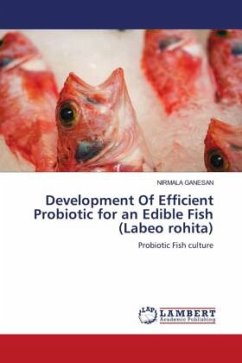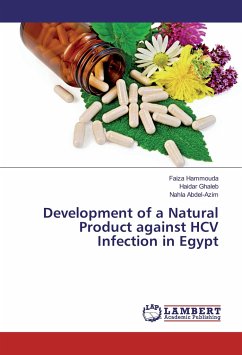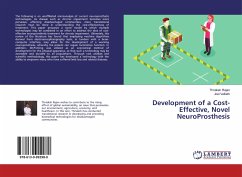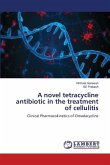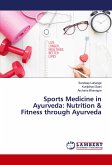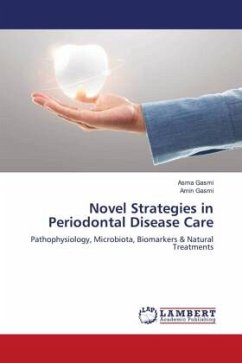Aquaculture is currently the fastest-growing food production sector in the world, but diseases, especially bacterial infections, remain the primary constraints to its continued expansion. The use of antibiotics to control diseases creates some problems. These effects include antibiotic resistance, accumulation in the tissue, immunosuppression, and an ecological threat to coastal areas heavily exploited for the industrial cultivation of fish. Probiotics are living microorganisms that, when ingested, provide a health benefit to the host. Therefore, the development of suitable probiotic strains for L. rohita holds promise for sustaining aquaculture production of this tropical freshwater fish. In the current work, we review the impact of probiotics on freshwater fin fish aquaculture. Data were gathered from articles published during the last decade that examined the effects of probiotics on fish growth, FCR, and water quality in freshwater fishponds/tanks.
Bitte wählen Sie Ihr Anliegen aus.
Rechnungen
Retourenschein anfordern
Bestellstatus
Storno

